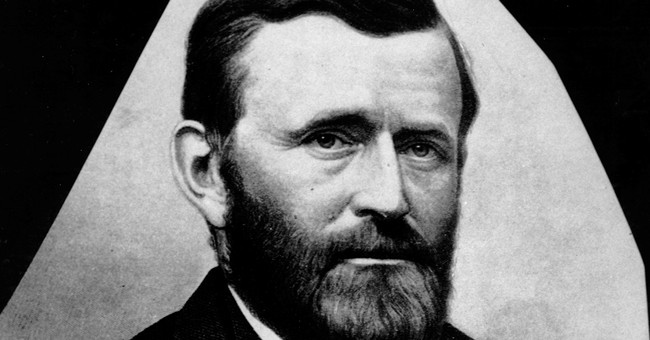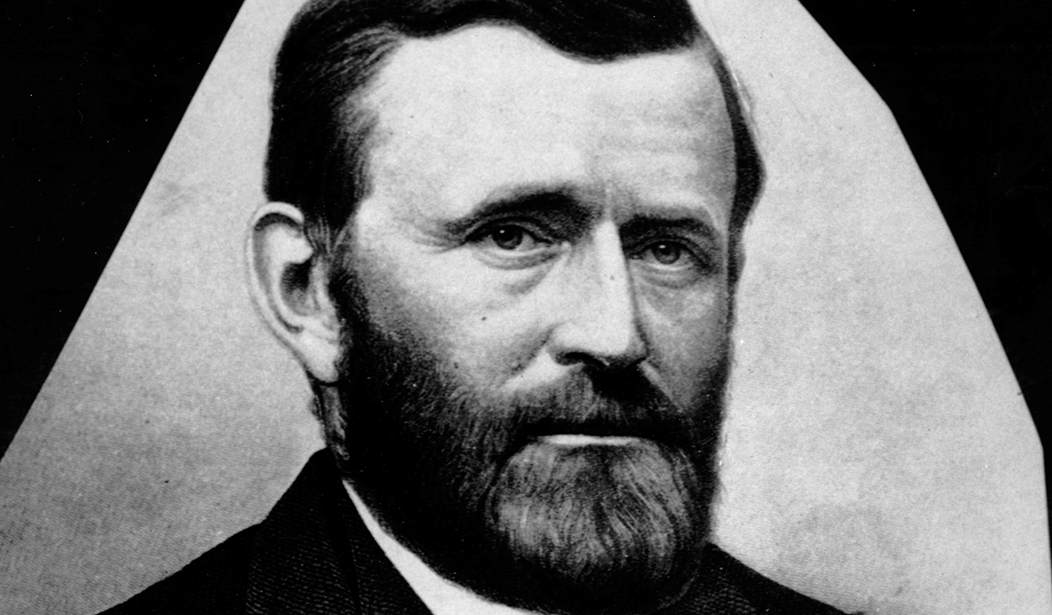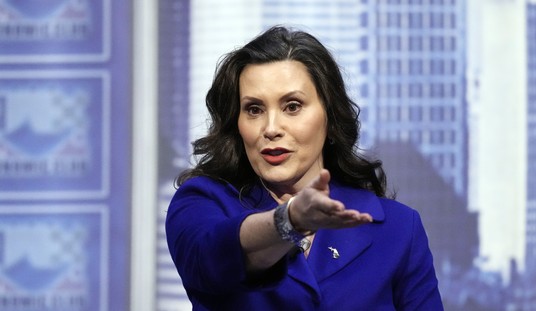
Hot on the heels of the New York Times project to construct out of whole cloth an alternative history of the United States where literally everything about the nation is based on slavery, this would be the infamous and historically illiterate 1619 Project, it seems that they are trying out a new alt-history. The theme is that slaves actually liberated themselves without anyone else doing more than holding their collective coat. The instrument for that is an essay by Jamelle Bouie titled Why Juneteenth Matters. His thesis is
Neither Abraham Lincoln nor the Republican Party freed the slaves. They helped set freedom in motion and eventually codified it into law with the 13th Amendment, but they were not themselves responsible for the end of slavery. They were not the ones who brought about its final destruction.
Who freed the slaves? The slaves freed the slaves.
Bouie is one of those guys who are much more glib than smart and his prose is convincing to the profoundly stupid and to those who are look to New York Times columnists for their intellectual content. I’d like to laugh at it and ignore it but I can’t.
Seven years ago I learned a bitter lesson about ignoring what the tenacious American left is capable of accomplishing in the way of destroying civilization and American history. Seven years ago the US Supreme Court, back when we still fancied John Roberts to be vaguely conservative rather than a black-robed windsock in search of favorable press clippings, decided that marriage was an institution that was defined by validating emotions and not subject to legislative restrictions. This would be the infamous Windsor decision that upended marriage as it had been understood for a few millenia and opened wide the door leading to the egregious nonsense that is Obergefell. I was sublimely confident that, given the history of marriage in the United States, that a sane court would continue to allow states to define marriage. I was wrong. And since that time I’ve taken every one of the profoundly stupid ideas pimped by the left as being a deadly serious threat.
The 1619 Project is so rife with errors and arrant bullsh** that even leftwing historians…sadly, the history departments are another battleground we’ve ceded to the left ignoring George Orwell’s prescient “Who controls the past controls the future: who controls the present controls the past”…were appalled. Try this on for size if you think I’m kidding
Out of slavery — and the anti-black racism it required — grew nearly everything that has truly made America exceptional: its economic might, its industrial power, its electoral system, diet and popular music, the inequities of its public health and education, its astonishing penchant for violence, its income inequality, the example it sets for the world as a land of freedom and equality, its slang, its legal system and the endemic racial fears and hatreds that continue to plague it to this day.
And yet this racialist fantasy has been uncritically adopted into high school curricula across the country thereby assuring another generation of kids is even more poorly educated than we would have thought possible.
To see the ridiculous nature of Bouie’s point about Juneteenth (btw, if this ever becomes a national holiday it will be solely because Donald Trump scheduled a rally on that day) just read this:
All of this is apropos of Juneteenth, which commemorates June 19, 1865, when Gen. Gordon Granger entered Galveston, Texas, to lead the Union occupation force and delivered the news of the Emancipation Proclamation to enslaved people in the region.
It wasn’t some rando white guy delivering a message, it was US Army general in command of an army of occupation landing to take control of Galveston, TX, signalling that the Civil War was over.
Former RedStater Dan McLaughlin writing at National Review does a detailed takedown of every point that Bouie makes in Yes, Lincoln and the Union Freed the Slaves.
In short, African Americans were not passive in the face of slavery, but they could not and did not end it by themselves. Black abolitionists, slave rebellions, and fugitive slaves all put moral and political pressure on the American system. But how the system responded, and the choices and sacrifices it made, were the result of American ideals, American popular opinion, Republican political leadership, and the Union Army.
You don’t have to deny the contribution towards emancipation and civil rights made by men like Frederick Douglass to acknowledge that had over 600,000 men, Union and Confederate, not died that the institution of slavery would have limped along for several more decades. Without that blood atonement and without Union bayonets propping up Reconstruction governments in the former Confederate states, the Reconstruction Amendments may never have happened. Regardless of ‘Juneteenth’ slavery remained legal outside the areas covered by the Emancipation Proclamation until December 18, 1865. Absent the coercive power of the US Army it is very, very likely those amendments would have failed because the Thirteenth was rejected by the Union states of New Jersey, Delaware and Kentucky showing that despite winning a bloody Civil War, not all the victors were agreeable to ending slavery.
And only the most disingenuous would assert, given the history of the Deep South after Reconstruction, that the actions of the federal government under a succession of administrations (I would contend that it started with Eisenhower and Little Rock school desegregation) were not indispensable in making the promise of equality under the law that was made in 1865 into a reality.
So,one may ask, to what end was this essay, so rife with inaccuracies and falsehoods as to be risible, even written. Back to McLaughlin:
Why should we care? Because history matters; it evidently matters enough to Bouie that he’d attempt to rewrite it. Why does he feel the need to so overstate this particular historical case? That goes back to the competing historical narratives about America’s first century. Bouie could have argued for the “Black Narrative” — that is, a perspective that insists merely on hearing the voices and including the accomplishments of black Americans. That narrative coexists peacefully with the Union Narrative, which stresses the continuity between Lincoln and the Founding Fathers and the central role of the Lincoln- and Grant-era Republicans in expanding the promise of the Founding. Douglass and some (though not all) black leaders of his era respected the promise of the Founding. Even in his famous “what to the slave is the Fourth of July” speech, Douglass declared, “I am not wanting in respect for the fathers of this republic . . . for the good they did, and the principles they contended for, I will unite with you to honor their memory.” His problem with America was different: “Are the great principles of political freedom and of natural justice, embodied in that Declaration of Independence, extended to us?”
By seeking to topple Lincoln and Grant from their pedestals, Bouie’s column aligns instead with the Radical Narrative increasingly adopted by his newspaper, in which Lincoln and his view of the Founding must be undermined at every turn, and denied all credit for their successes and their sacrifices. Given Bouie’s ideological commitments, it is not surprising that he would seek to minimize the role of Lincoln-era Republicans, with their classical-liberal ideology, their free-labor economics, their evangelical Christian faith, their American nationalism, and their political base of white Midwesterners, in ending slavery. But we need not play along in his revisionist project.
Just as a statue of Grant was demolished in San Francisco on the specious excuse that he was a ‘slaveowner,’ Bouie is seeking to rewrite history in a way that is hostile to the nation’s founding and its traditions because those are a hindrance to the way he wants the nation to end up: and anarchic and dystopic nightmare.













Join the conversation as a VIP Member